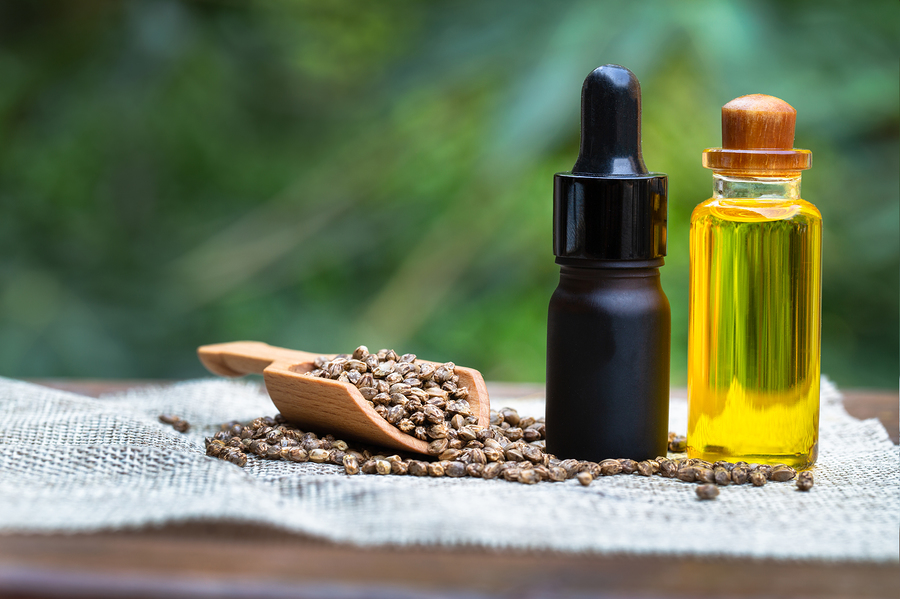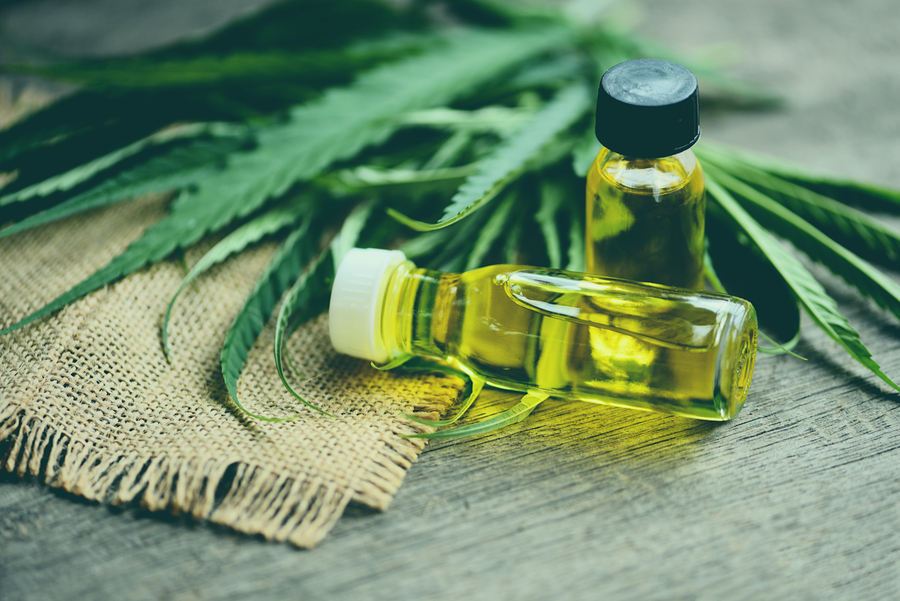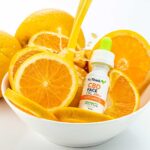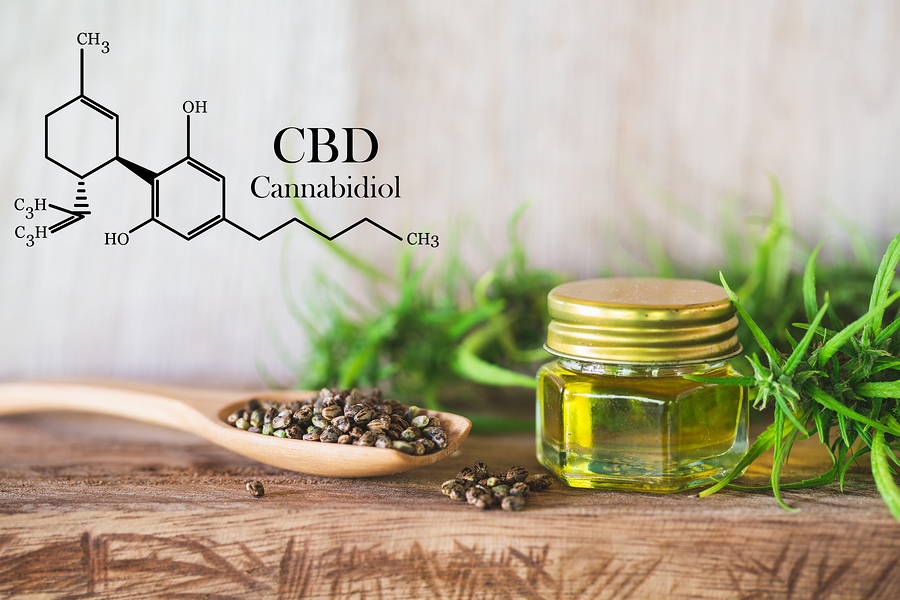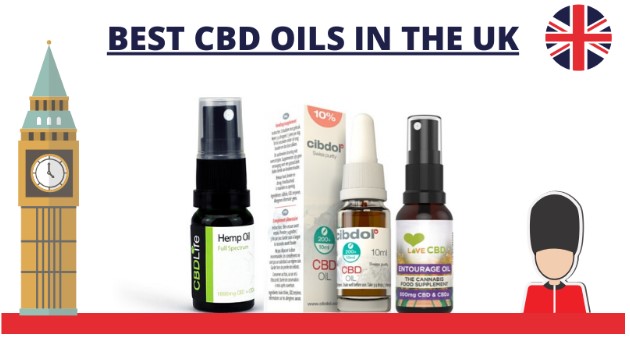Imagine buying a CBD product from a local CBD store or a dispensary only to end up with some weird potion that smells and tastes nothing like CBD. First time users might not even realize that what they’re consuming is a false concoction veiled behind the label of a ‘hemp or CBD oil’.
More often than we’d like, this turns out to be the truth of events. With CBD cartridge being the hype everywhere in the states, more and more people are trying to get into this lucrative business while it’s growing. While that might mean that you can get your hands on a wider variety of products, it also means that not every product available might be up to the mark.
A large percentage of vendors selling CBD today have unregulated, often contaminated products that sometimes claim to be CBD but have no trace of the cannabinoid.
In the best case scenario, this product will be a waste of your money and have no effect. In the worst case scenario, you might end up in the emergency room.
When a product isn’t sold by a licensed professional, keeping all regulations in mind, it loses all credibility to be used by consumers. And yet, thousands still consume these low quality alternatives every day. Why? Because they never realized how to tell a high quality CBD product apart from all other garbage available in the market.
But we don’t want you to be one of them. So we’re dedicating this article to teach you how to learn if a CBD product is worth buying and consuming. And it all comes down to the label and product specifications available to you.
Reading a CBD Label
Pick up any bottle of packaged water, skin care, juice, or a packaged loaf of bread, frozen goods or whatever you see lying around. You’ll find a lot of fine print on the bottle/box/pack, such as specifications of the quantity in the container, the ingredient list, the expiration date, an address and contact information of the manufacturer, disclaimers about any potential allergens, and more.
A CBD product shouldn’t be any different. The label must give you information about:
- What the source of your CBD is
- How much CBD is in every package
- How much CBD is in every dose
- If there are any other cannabinoids or terpenes present in the product & how much
- The total quantity of the product and its doses
- Every ingredient used and its concentration
- The license number of vendor and batch number of the product
- Disclaimers and warnings when required
- Contact information of the manufacturer/distributor
CBD that has been extracted from hemp sources has been legalized at the federal stage. However, it still lacks a proper regulatory structure that can take care of all these basic necessities.
For this reason, the responsibility of ensuring the quality of the CBD you consume falls on you. But we’ve got just the guide to prep you from your future purchases. So let’s get started.
Here are some factors to look for while reading a CBD label:
CBD Dose
How much oil is in your favorite CBD tincture bottle? How many gummies make up a single dose? And how much CBD is in those doses? These are some questions you must not forget to ask or look for.
The label should clearly state the following:
- The total quantity inside the bottle. This could mean the number of gummies in a container, the grams of all gummies combined. Or it could be the total amount of oil inside the bottle(stated in ml).
- The total concentration of CBD inside the bottle as well as CBD per dose.
- Dosing CBD can be difficult for newbies, so clear instructions about how much is to be consumed at what intervals is extremely crucial.
All consumers must follow the stated dosage directions recommended. This ensures that you only consume a healthy
Type of CBD Used
CBD products can be of 3 different types. You can go for a full spectrum, broad spectrum or an isolate depending on your requirement.
CBD Full Spectrum
This type of CBD product has a bunch of other cannabinoids, terpenes and flavonoids. In other words, this processed CBD is the closest extract to the original hemp source. It’s got all naturally occurring components, minus the contaminants (we hope).
These other cannabinoids have their individual benefits and work best in synergy. One of the most important cannabinoids present in this product, other than CBD, is THC.
Tetrahydrocannabinol (THC) is the psychoactive cannabinoid found in hemp and marijuana sources. This one leads to the intoxication, the high, the euphoria but in some cases the paranoia and hallucinations. We’re not saying that the smallest dose of THC will have you flying high on a horse, but too much THC consumption can get your nerves in a twist.
Consuming it in the right doses, however, can help you enjoy an overall entourage effect. These ones are also the most effective and therapeutic in nature.
Other cannabinoids like CBN, CBG, THCV, CBC, Delta 8 THC and more are great additions to your CBD and these aren’t associated with the high. If that sounds more like your cup of tea, you can prefer broad spectrum CBD.
Broad spectrum CBD
This type of CBD product is very similar to full spectrum products, minus the THC. These have all the other cannabinoids, terpenes and flavonoids so they still lead to an entourage effect. These products, however, lead to no high-like effects. So if you’re trying to have a full CBD experience but are sensitive to THC or just don’t like the idea of consuming an intoxicating cannabinoid, Broad spectrum is your best friend.
CBD Isolate
This type of CBD product only has one cannabinoid (the obvious one) and no other hemp component. Usually the most concentrated doses of CBD are found in isolates and are a great way to tackle body ache, insomnia, anxiety while helping the consumer relax.
These products still require other ingredients like a carrier oil, preservatives, gelatin etc, depending on the type of product you’re using.
CBD Source
First of all, the only legal source of your CBD can be from a hemp plant. CBD or any cannabinoid extracted from marijuana sources is federally illegal.
Second of all, that isn’t enough. Organically grown in the U.S.- That’s how we like our weed to be bred.
Batch No., Date of Manufacturing and Expiration
These are just some basic metrics that you require for every product that you buy, CBD or not. A clear indication of where the product has been manufactured and when, along with the timeline of its probable expiration date.
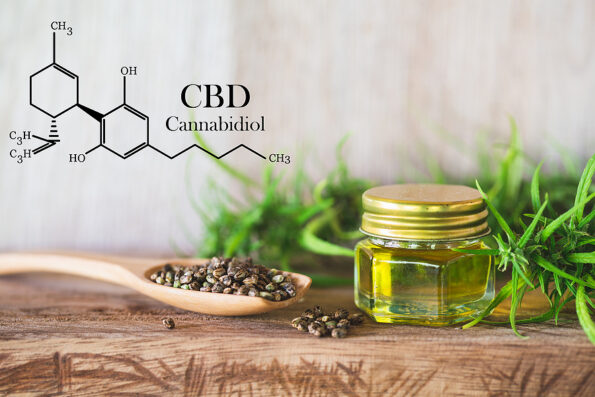
The batch or lot numbers are proof of accountability because it can tell you a lot about when and where the product was manufactured.
As for the manufacturing or expiration dates, CBD products are known to expire within 2 years. While that depends on how you use and store the product, a reminder of the tentative timeline is crucial to ensure consumers don’t use an expired commodity.
License and Product COA
Here’s the difference between state-licensed cannabis product manufacturers and non-licensed ones. Products curated in a CBD enthusiasts backyard won’t have a license number but a reputable brand will. Look for this quality mark as it is a sign of dependability.
Checking the manufacturer’s credibility doesn’t end here. What goes into making the product you’re buying is also a deciding factor about the dependability of a brand. Especially when cross checking with the brand’s claims.
Since CBD or any cannabis products are federally unregulated, brands that often claim their products to have less than 0.3% THC turn out to have more. Even CBD isolates from shady or unlicensed companies have been found to have traces of the psychoactive cannabinoid.
This makes a certificate of analysis extremely crucial. A COA, preferably from a third party lab, gives you clear and factual information about all the cannabinoids, terpenes and flavonoids present in the product. It also acts as a guarantee of quality, evaluating the product for presence of contaminants like pesticides, microbes, residual solvents, or even higher concentrations of THC in comparison to what’s previously been stated.
Just because a CBD product doesn’t come with paperwork, doesn’t mean it has no COA. More often than not, you’ll find a QR code on your CBD bottle which upon being scanned will take you to the quality test results.
If that is not the case, you can consult the vendor and ask them to show you proof of quality. An online CBD store or any well established CBD brand will have copies of COAs of their products available on their website.
Ingredient List
A lot more than cannabinoids, terpenes and flavonoids go into a CBD product. A CBD oil will have a carrier oil, gummies will have gelatin and added flavor, tinctures are mixed with alcohol, or other oils and so on.
When buying a CBD product, pay extra attention to these additional ingredients to look for potential allergens.
Disclaimers
CBD is not FDA approved so it shouldn’t claim to diagnose, treat or cure a medical ailment. It should not claim to be a dietary supplement. At the same time, if the product has higher concentration of THC and can lead to a high, the effect should be specified on the label.
Also, potential warnings about CBD interactions with other medications can be found on CBD packaging or on the label.
Final Words
The quality of your CBD experience comes from the quality of your CBD product. Since there are very limited state regulations and no federal ones when it comes to the systematized production or distribution of legal cannabis and CBD products, you have to be responsible for your own self.
Looking for the previously stated factors while buying CBD will ensure that you don’t end up buying a product that you shouldn’t be using.
Author’s Bio:
Jessica’s first love is marketing which she leverages to help educate people about CBD and Cannabis in general. She has been marketing cannabis-related products and services since 2017 and has worked with some of the biggest businesses in the biz. She believes that her experience with CBD can help readers understand and inculcate CBD into their lives.
Image Source: BigStockPhoto.com (Licensed)
Site Disclaimer
Marijuana is a Controlled Substance under the Controlled Substance Act (21 U.S.C. 802) (“CSA”) and the cultivation, distribution, and possession of marijuana is a crime under federal law. Keep all marijuana and marijuana products out of reach of children and animals. Intoxicating effects of marijuana and marijuana products may be delayed. Use of marijuana while pregnant or breastfeeding may be harmful. Consumption of marijuana and marijuana products impairs your ability to drive and operate machinery, please use extreme
Related Categories: CBD, Reviews


